SPONSORS
The British Science Association would like to thank all our sponsors and partners for their ongoing support of the Huxley Summit.
Headline Sponsor
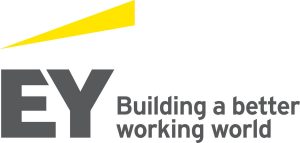
EY is a global leader in assurance, tax, transaction and advisory services. The insights and quality services we deliver help build trust and confidence in the capital markets and in economies the world over. We develop outstanding leaders who team to deliver on our promises to all of our stakeholders. In so doing, we play a critical role in building a better working world for our people, for our clients and for our communities.
For more information about our organisation, please visit
ey.com.
Major Partner

Diageo is a global leader in beverage alcohol, and our outstanding collection of brands are enjoyed in more than 180 countries around the world. We own 20 of the world’s top 100 spirits brands among which Johnnie Walker, Smirnoff, J&B, Buchanan’s, Cîroc, Captain Morgan, Tanqueray and Baileys.
We are a business built and sustained through innovation, and developing new ideas is crucial to our growth strategy.
We aim to create a positive role for alcohol in society by reducing harmful drinking, building thriving communities and continuously reducing our environmental impact.
Supporters

The Royal Institution is an independent charity dedicated to connecting people with the world of science. It’s mission is to harness science for the maximum benefit of society and this is why they believe that people of all ages should be encouraged to think more deeply about the wonders and applications of science. For more information about the Royal Institution, please visit
www.ri.ac.uk.
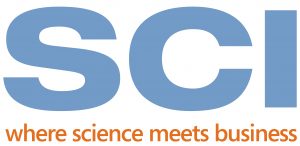
Established by Royal Charter in 1881, SCI is a unique multi-disciplinary international community. Set up by a prominent group of forward thinking scientists, inventors and entrepreneurs, SCI continues to be a multi-science and industry network supporting science based innovation into industry. Our charitable objective is to promote links between science and industry for the benefit of society. We deliver our charitable objective by:
- Supporting the commercial application of science into industry
- Tackling global challenges across Agrifood, Energy, Environment, Health and Materials.

London Chamber of Commerce and Industry (LCCI) is the capital’s leading business membership organisation. Representing the interests of thousands of companies, we:
- Connect businesses
- Influence government and opinion formers on behalf of businesses
- Support businesses and their development.
As a member, you’ll benefit from a wide range of practical and professional services, and enjoy outstanding networking opportunities. We host more than 200 business-to-business events each year, and help you market your products or services to other members.



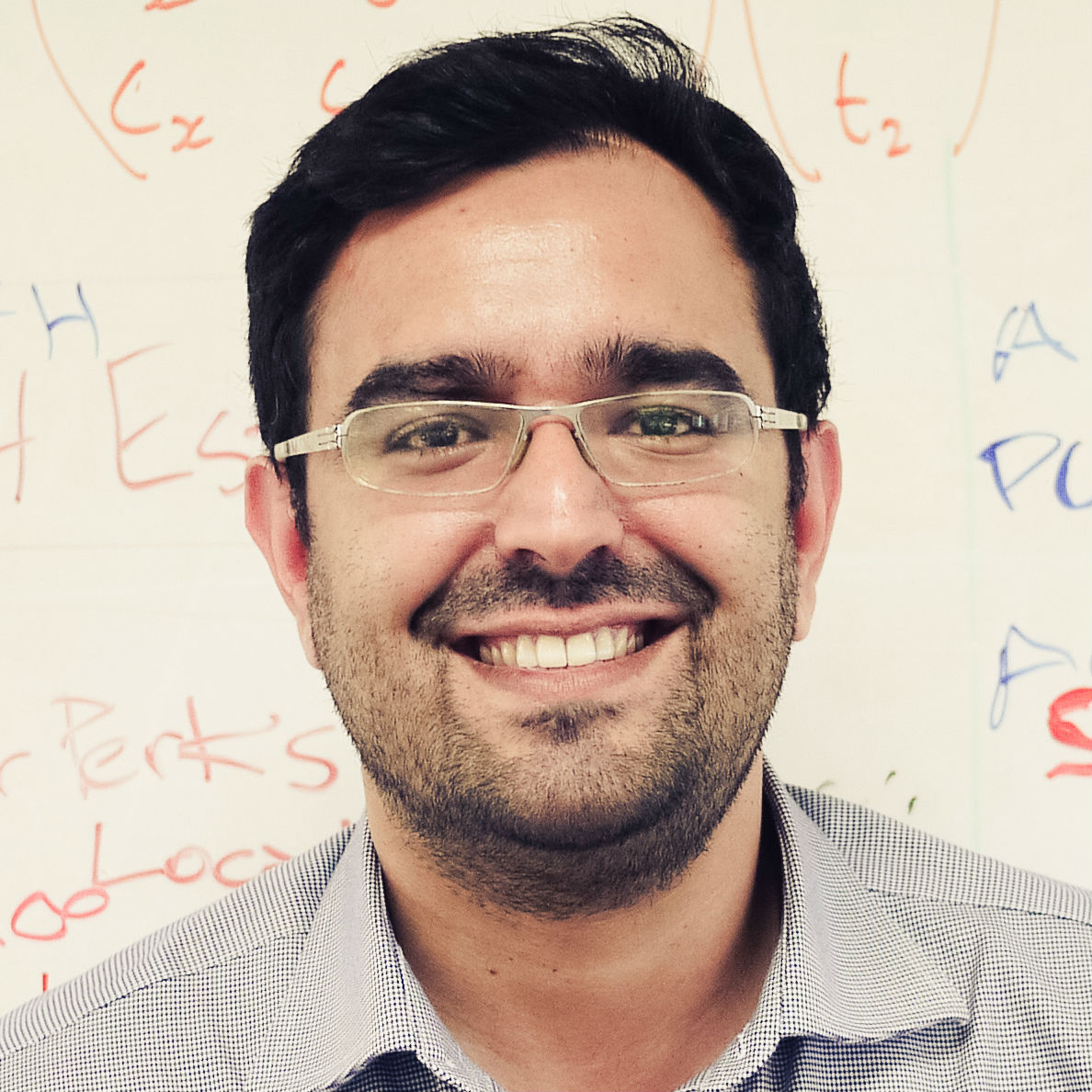
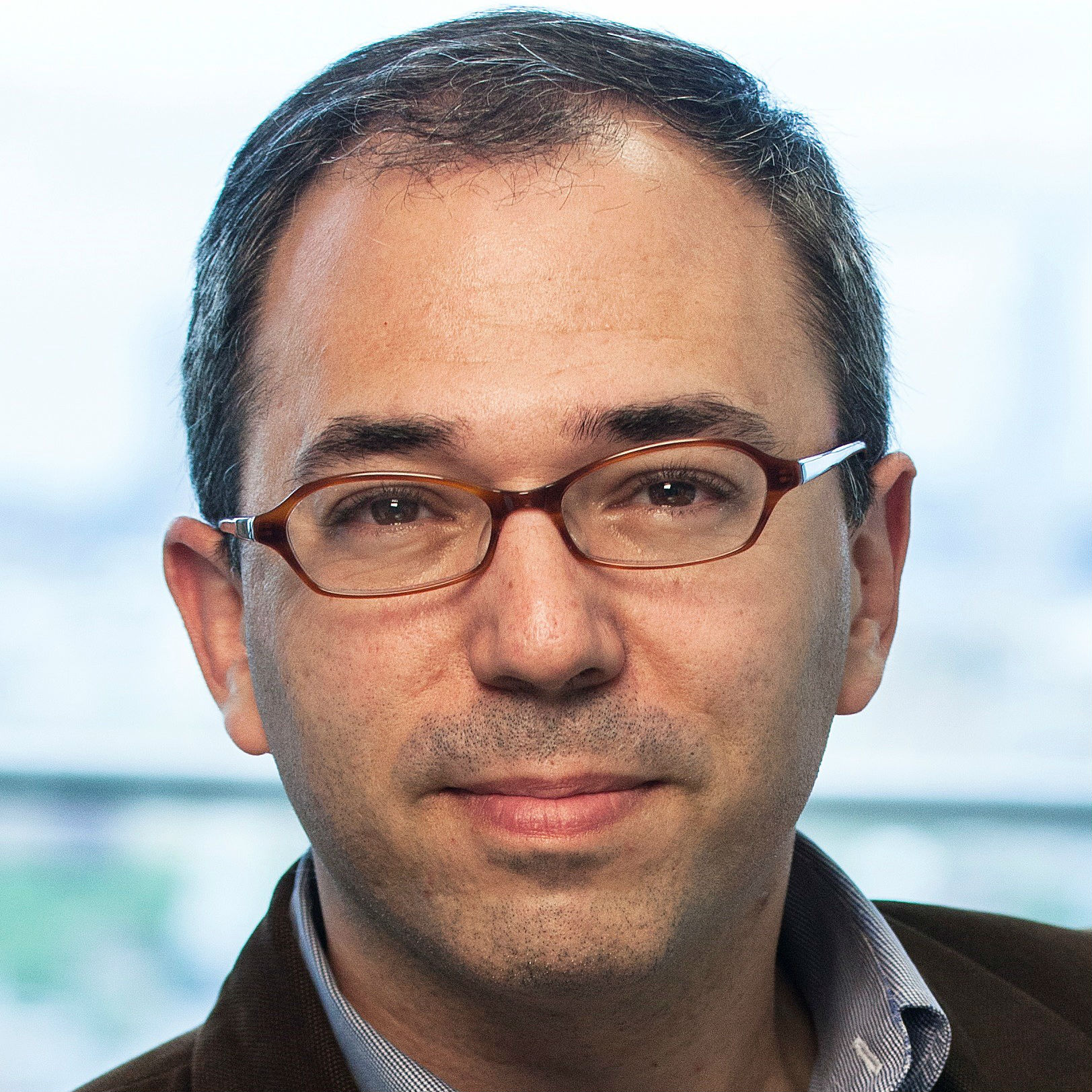
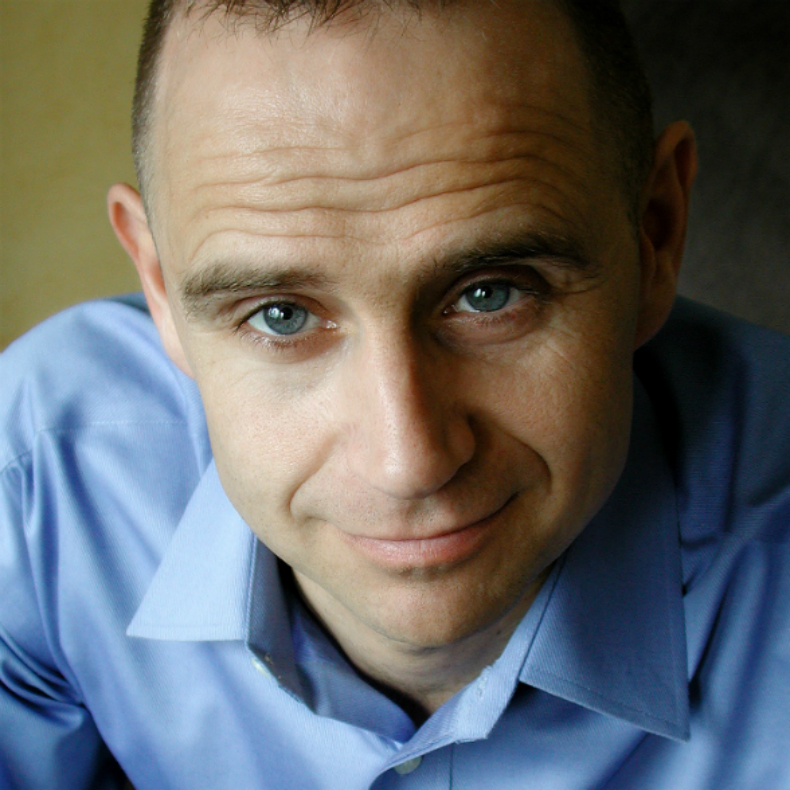
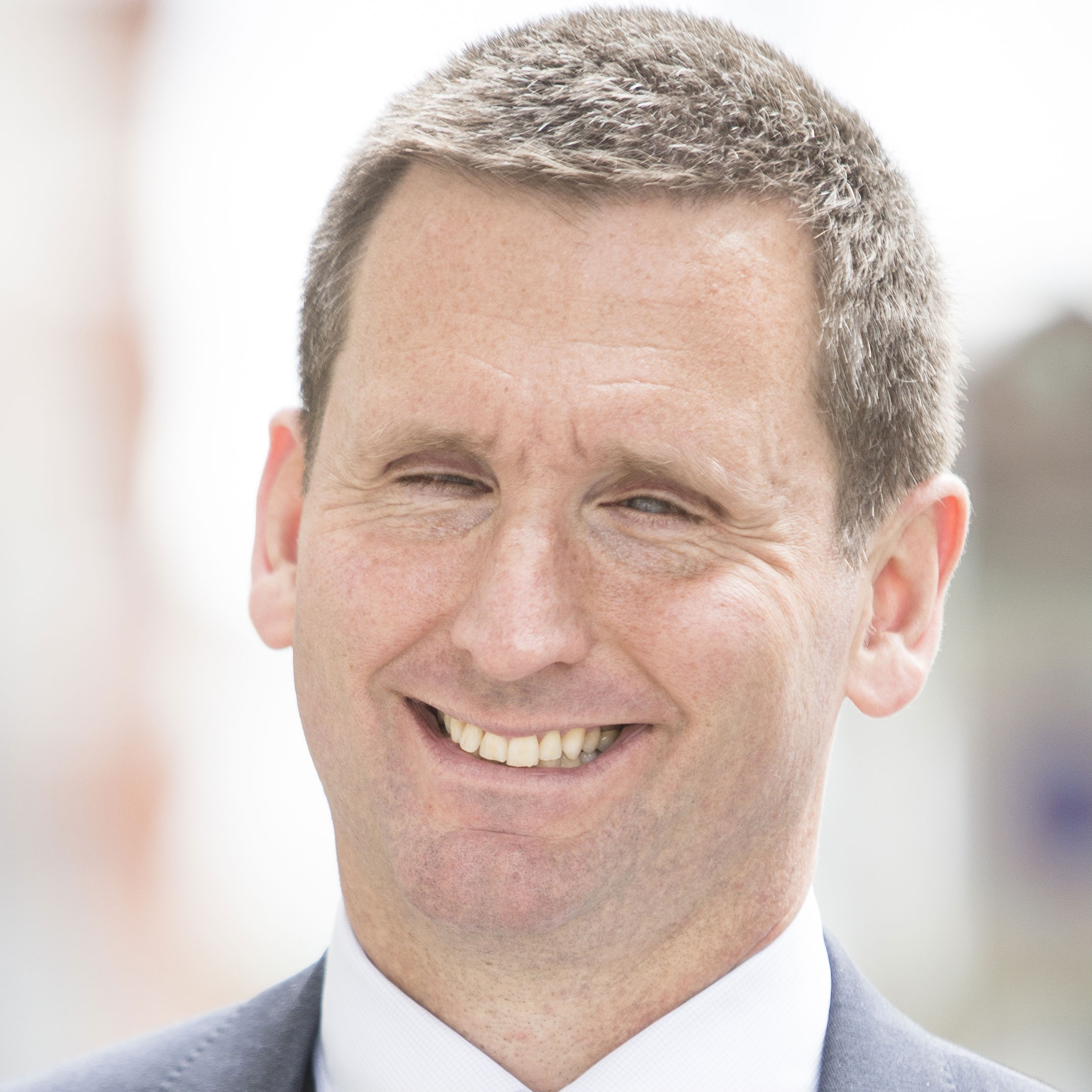
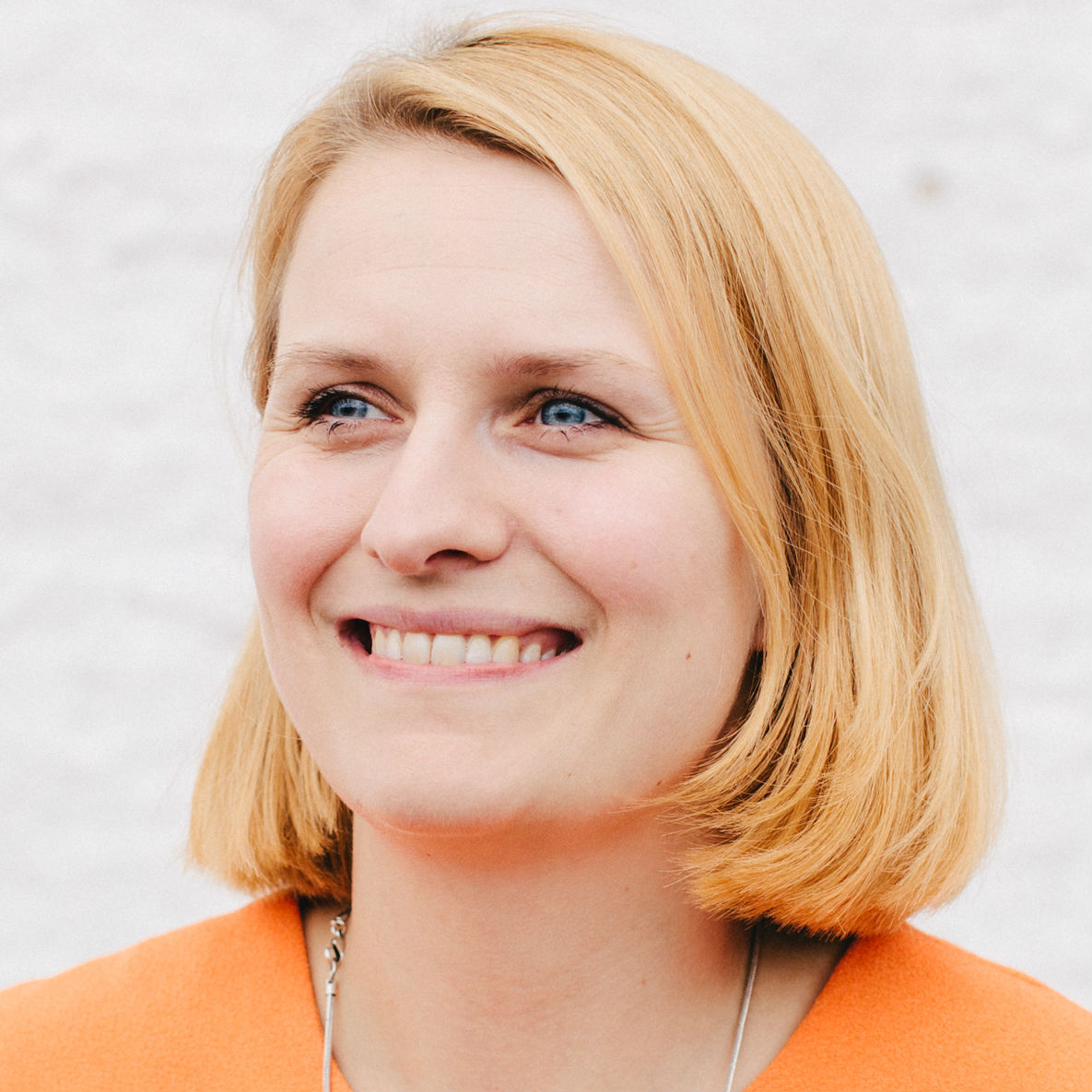

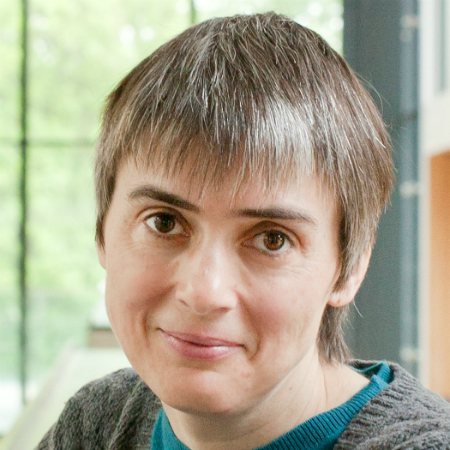
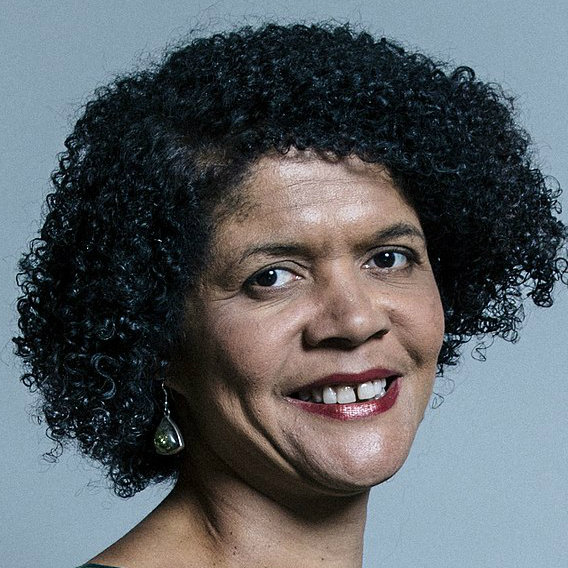
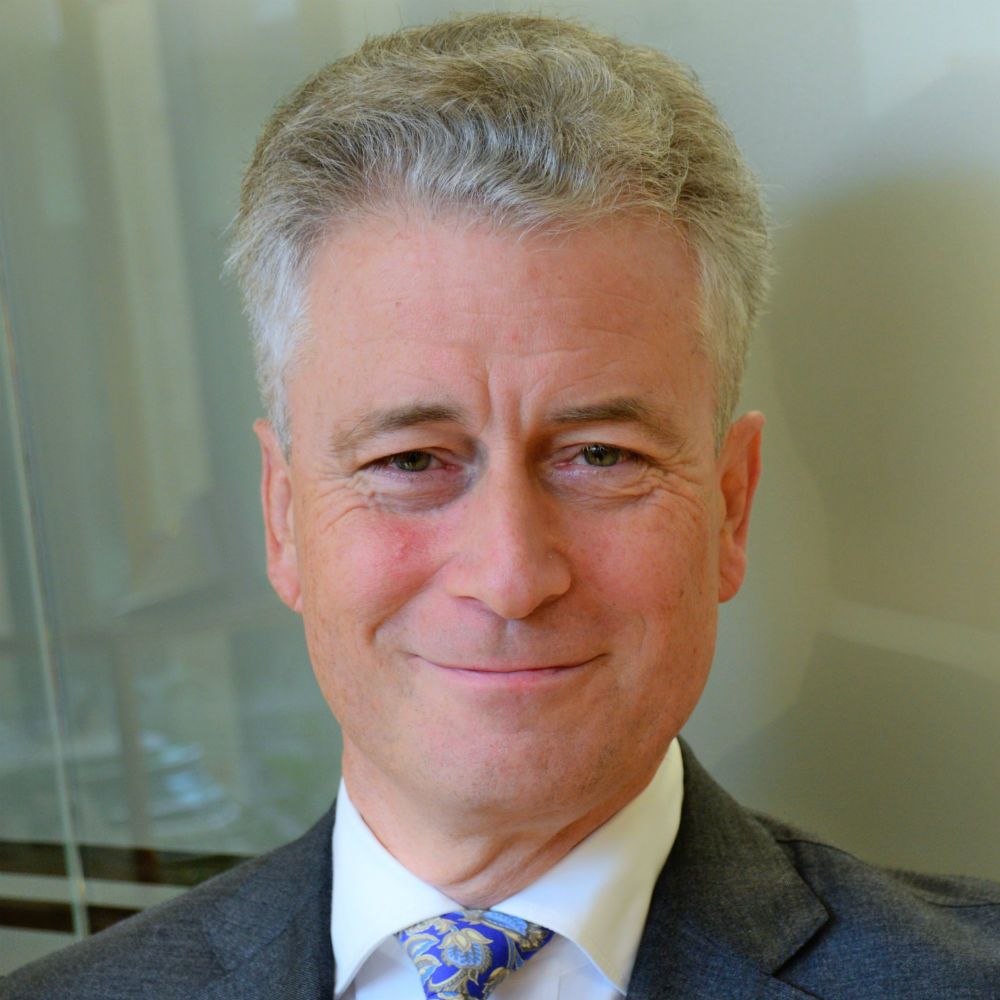



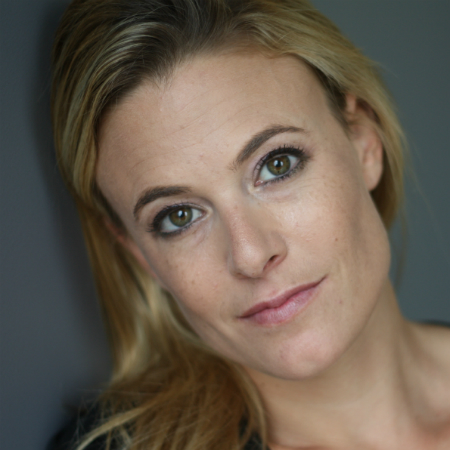





 London Chamber of Commerce and Industry (LCCI) is the capital’s leading business membership organisation. Representing the interests of thousands of companies, we:
London Chamber of Commerce and Industry (LCCI) is the capital’s leading business membership organisation. Representing the interests of thousands of companies, we: